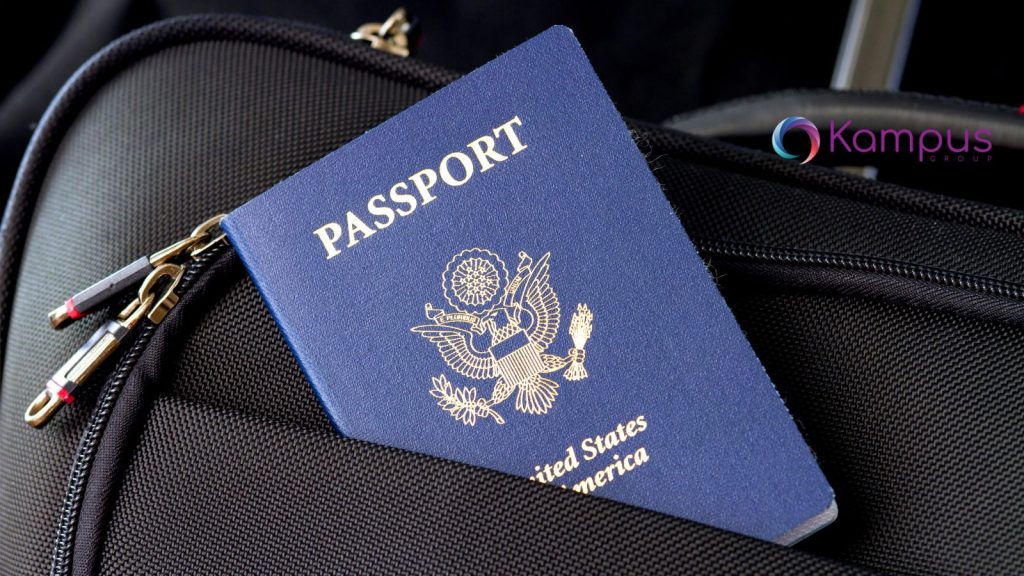Studying abroad is not just about earning a degree, it’s also about securing opportunities that shape your future. For many International students, the real question after graduation is, “Can I stay back and gain international work experience?”
The good news is that several countries now offer fast-track work permit options for international graduates. These permits allow you to remain after your studies, find a job, and in some cases, transition to permanent residency. If you’re planning your study abroad journey, it’s important to know which destinations give you this post-study advantage.
Why Fast-Track Work Permits Matter for International Students
- Time to Settle In – You don’t need to rush into a job; these permits give you breathing room to explore career options.
- Boost Career Value – International work experience adds weight to your CV, making you more employable both abroad and back home in Nigeria.
- Pathway to Permanent Residency – Many of these permits are stepping stones to long-term settlement.
- Financial Security – Post-study work rights help you earn and recover part of your education investment.
Top Countries With Fast-Track Work Permit Options
Here’s a look at the countries that stand out for their graduate-friendly work permit policies:
1. Canada – Post-Graduation Work Permit (PGWP)
- Duration: Up to 3 years (depending on course length)
- Highlights: No job offer required, flexible work rights, and directly linked to Canada’s immigration system.
- Why International Students Should Consider It: Canada remains a top choice for students looking at permanent residency after their studies.
2. United Kingdom – Graduate Route Visa
- Duration: 2 years for Bachelor’s and Master’s graduates; 3 years for PhD holders.
- Highlights: Work in any field, no employer sponsorship needed during the visa period.
- Why International Students Should Consider It: The UK is close to home, has world-class universities, and provides a simple transition from study to work.
3. Australia – Temporary Graduate Visa (Subclass 485)
- Duration: 2–4 years depending on qualification level.
- Highlights: Flexible work opportunities and strong demand in healthcare, engineering, and IT.
- Why International Students Should Consider It: Australia’s multicultural environment and booming job market make it attractive for long-term migration.
4. Germany – Job Search Visa
- Duration: 18 months after graduation.
- Highlights: Time to find work related to your degree, with options to switch to an EU Blue Card.
- Why International Students Should Consider It: Germany is a hub for engineering, tech, and research opportunities. Learning German boosts your chances even further.
5. Ireland – Third Level Graduate Scheme (Stamp 1G)
- Duration: Up to 24 months for Master’s graduates.
- Highlights: Opportunity to gain valuable work experience and transition to a Critical Skills Employment Permit.
- Why International Students Should Consider It: Ireland’s tech and finance industries are booming, and many global companies have European headquarters there.
6. Netherlands – Orientation Year Visa
- Duration: 1 year post-study.
- Highlights: Freedom to find work or start a business during this period.
- Why International Students Should Consider It: The Netherlands offers a high standard of living, English-taught programs, and a growing job market for international talent.
For International students, choosing a study destination is no longer just about academics but also about long-term opportunities. Countries like Canada, the UK, Australia, Germany, Ireland, and the Netherlands not only provide world-class education but also open the door to international careers through fast-track work permits.
Planning ahead with this in mind could be the difference between simply studying abroad and truly building a future abroad.
FAQs
1. Do I need a job offer to apply for these permits?
Not always. In most countries like Canada, the UK, and Ireland, you can stay after graduation without an immediate job offer.
2. Can these permits lead to permanent residency?
Yes. Countries such as Canada and Ireland allow you to transition from post-study permits to permanent residency once you meet work and residency requirements.
3. What if my course is less than one year?
Most post-study permits require at least a one-year full-time program. Always confirm eligibility with your university and immigration office.
4. Do I need to study specific courses to qualify?
In some countries like Ireland and Germany, having qualifications in high-demand fields such as STEM or healthcare increases your chances of getting extended permits.
5. Are these permits available for dependents (spouse/children)?
Yes, in many cases, your dependents can stay with you and sometimes even work while you are on a post-study visa.

